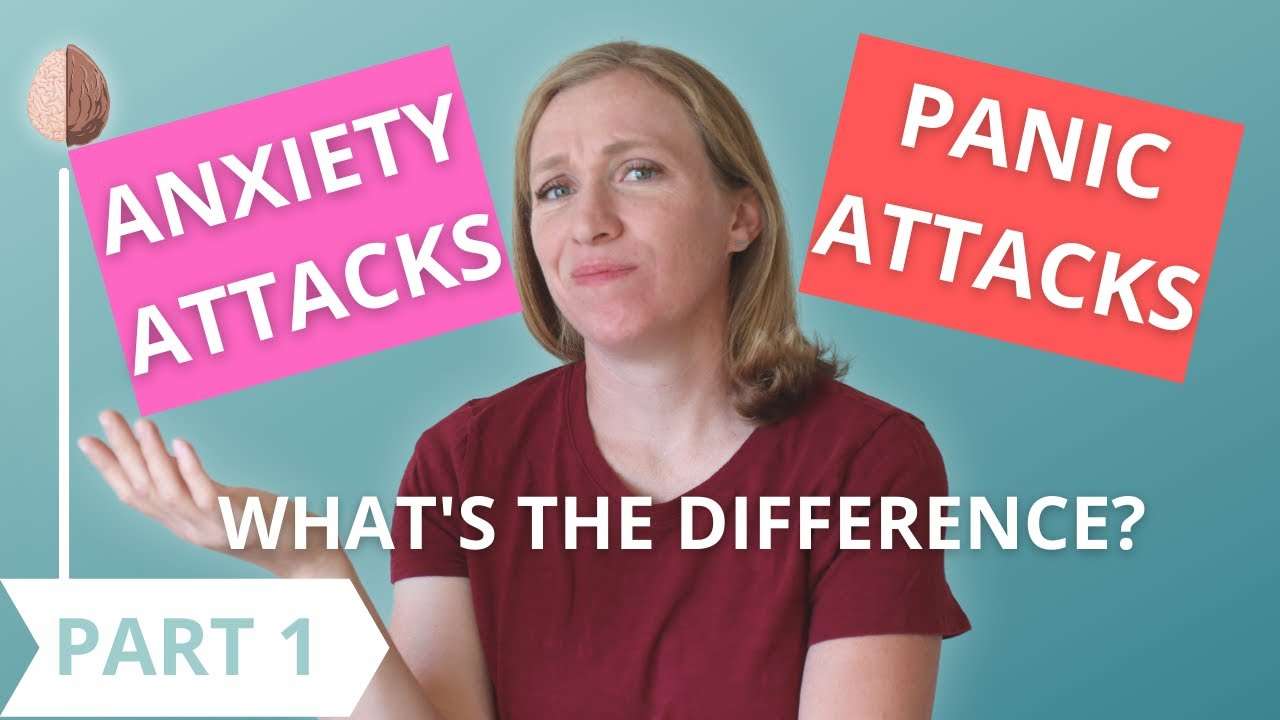From parent coaching for adolescents to family therapy, including the family is an important step in the therapeutic process that Mission Harbor includes when the family is willing. Allowing the family to heal together increases longterm health and happiness for all involved.
Mission Harbor is a trusted mental health outpatient clinic in Santa Barbara with locations in Southern California as well, and we have a dedicated asset to the community. Our treatment team utilizes advanced technology and therapy types to treat complex mental health issues. The care provided is uniquely crafted to each individual’s needs and scenario. Everyone deserves a second chance and everyone recovers differently. At Mission Harbor, our commitment is to save and protect the residents of Santa Barbara and Southern California from a life of mental health struggles. Treatment options, therapy types, and an exceptionally well-credentialed staff create an environment that promotes long-lasting recovery and wellness.
In recent decades, the treatment of most patients with mental disorders has generally switched from institutionalized care to outpatient care. Getting the family involved has been shown to lead to better outcomes. Unfortunately, there is still some resistance among mental health professionals to just how involved families can become.
A big part of the problem is that most doctors believe that patient confidentiality must be protected, even when preserving confidentiality may mean that patients are missing out on support and help that could be of great benefit to them1. Because of the nature of many mental illnesses, patients may not be able to grasp the benefits of waiving confidentiality and getting families involved.
Confidentiality Paradox in Treating Mental Illness
Many patients with mental illness find it hard to live organized lives. While there are useful medications to treat many mental disorders, the nature of many of those illnesses means that patients cannot be relied upon to supervise their own medication. It has fallen to other family members to ensure that the mentally ill person takes the prescribed dose at the appointed times.
As more and more health professionals are beginning to grasp the benefits of family involvement, they are amenable to involving the family while not disclosing everything. They strike a balance between the need for confidentiality and the need to ensure the patient gets the best possible treatment.
What Can Families Do to Help Treat Mental Illness?
Families can learn about the mental disorder their loved one has2. They can find out what symptoms are associated with the illness. They can prepare plans to deal with any problems that may arise. Families can find out what mental services are available in the area, and they can ensure their loved one can get access to these services.
One of the most important roles families can play is monitoring their relative’s progress, and watching out for signs of relapse. They also play a vital role in monitoring the use of medication. Families can help their relatives by learning about side effects and how to deal with them.
People with mental illness can benefit from engaging in healthy and creative activities, just like those with other types of illness. Families can be instrumental in getting relatives to lead active social lives. They can encourage relatives to get plenty of exercise, or to join clubs that allow them explore their creative talents. Art therapy, and other forms of creative expression are very beneficial.
References:

A family is only as happy, healthy and secure as their individual members. When one family member experiences mental health issues, substance use disorder or other challenges, its effects can reverberate throughout the entire family. In the face of these challenges, it is important for a family to be a united front and work together to heal and move forward.
Why is family so important for mental health?
Humans are social animals who thrive in community settings. From birth, we are nurtured and supported by our families; they teach us how to tie our shoes, show us right from wrong, and give us a shoulder to cry on on bad days. Despite this, mental health challenges can affect individuals which can reverberate through their entire family. In light of this though, family becomes more important than ever when struggling with mental health issues since our family is who knows us best and will always be there for us.
How can families confront mental health struggles together as a united front?
Family therapy
Family therapy is a great way to handle issues that affect the whole family. The goal of family therapy is to confront and address issues that affect the entire family. Your therapist can help you work together to get to the root of these issues, develop coping and communication skills and learn to forgive each other and move forward as a family.
Family therapy is rooted in family systems therapy, or the idea that families operate in cohesive systems rather than as independent individuals as part of a group. To that end, family therapy examines the issues troubling a family — whether they be divorce, mental or behavioral disorders, substance addiction, grief, chronic illness or surviving a traumatic event — within the context of how the family unit as a whole has been harmed and how it can heal together.
Family counseling can also be done within the context of a family member’s treatment plan. For example, a member of your family may be in an intensive inpatient or outpatient program to treat their mental health disorder. If their mental health struggles have affected you as a family, you can attend weekly family counseling as part of your loved one’s overall treatment. This is beneficial for individual family members and your family unit as a whole; each of you must heal from distressing events in order to heal as a family.
Communication
Communication is one of the only ways you can know what is troubling your family. Make an effort to check in with your family members, and encourage one another to share your feelings when needed. It may take time to reach a point of feeling completely comfortable communicating openly, though. Be patient and understanding, it will be worth it.
Keep these tips in mind when communicating with your family members, especially when you are still in the early days of addressing sensitive issues or becoming comfortable with family therapy:
- Start small. Don’t pressure your family members to communicate if they aren’t ready, otherwise they may never feel ready.
- Keep an open mind. You want your family members to feel like they can come to you with any issues they have.
- Refrain from passing judgement. You may not agree with all of your family’s choices or opinions, but be considerate of their experiences that may be informing their thoughts, feelings and actions.
- Don’t raise your voice or use aggressive language. Children in particular are more perceptive than we may believe, and they can be even more negatively impacted when they feel uncomfortable in their home environment.
- Be honest, and communicate yourself. In order for your family to feel trusting and comfortable enough to communicate about painful family issues, they have to feel like your entire family is open to communicating and moving forward.
- Schedule regular family meetings if that structure will help your family prepare to communicate about difficult topics.
Dedicated family time
Consider the positive impacts of spending dedicated time together as a family. Your teenagers may roll their eyes at the suggestion, but spending more time together will greatly improve your relationship as a family. Take time to really get to know each other and agree on an activity that everyone will enjoy to minimize discomfort or unhappiness. Better yet, rotate who is responsible for finding and planning family activities at whatever cadence you decide. This will keep the family engaged and committed to spending time together, and it will likely lead to new experiences for all of you.
Fun family activities that promote bonding include:
- Taking a cooking class, or even cooking together at home
- Camping and hiking
- Sports games, whether it’s your son’s middle school basketball team or your city’s professional baseball league
- Weekend vacations and road trips
- Movie nights
- Concerts
- Art classes or art therapy
- Game nights
- Trying new restaurants around town
- Family book club
- Home improvement projects — involve your family in choosing the design or decor
- Museums
- Gardening
- Genealogical research
- Community service and volunteering
- Church
- Learning a new language
- Berry picking
- Picnic lunch — either at a local park or in your backyard
- Local theatre plays
- Daily walks around the neighborhood
How can my family start to heal together?
The Light Program offers compassionate treatment to those struggling with their mental health, and we offer a safe and supportive environment for individuals and families alike. Get help for your family today by reaching out at 610-644-6464.



